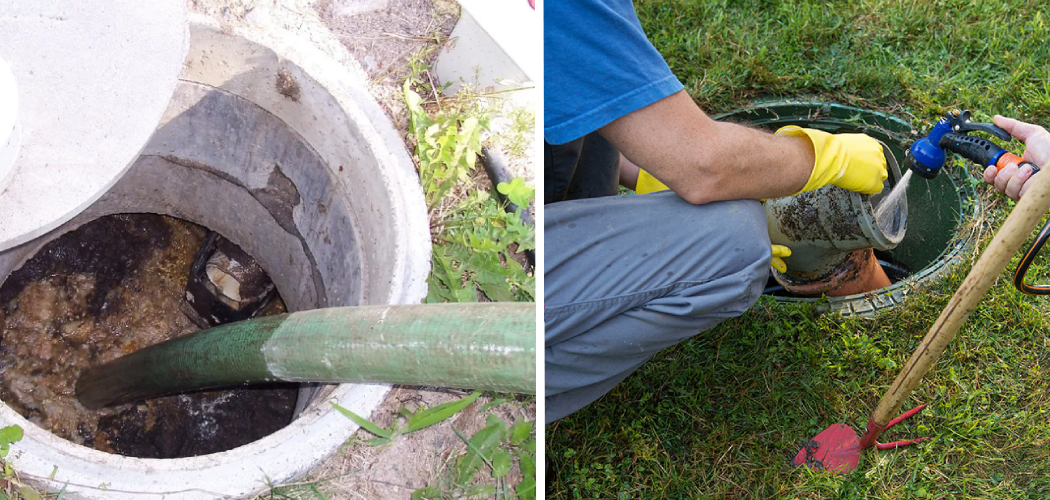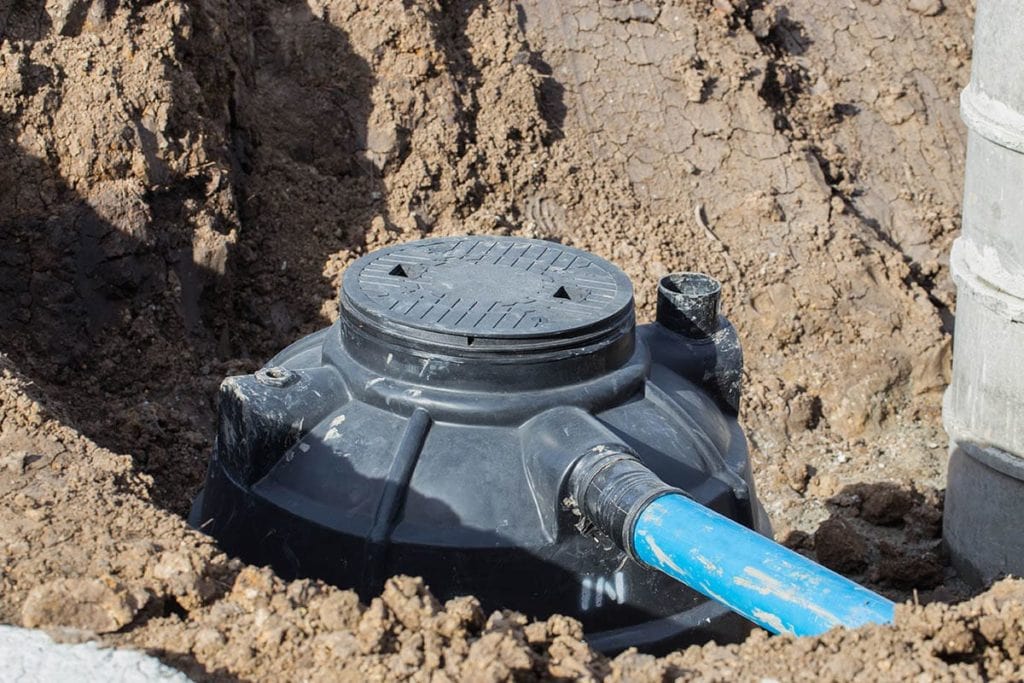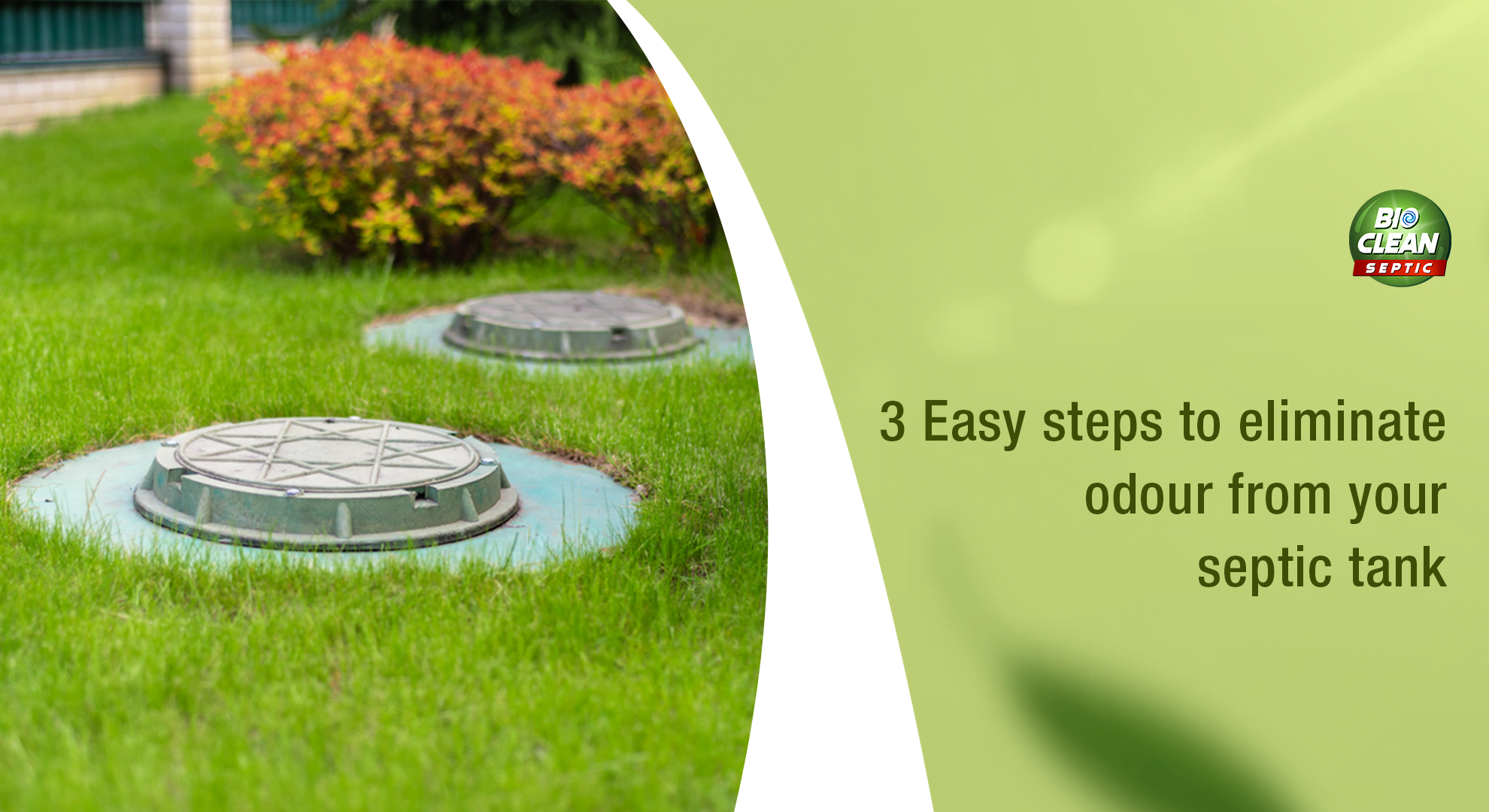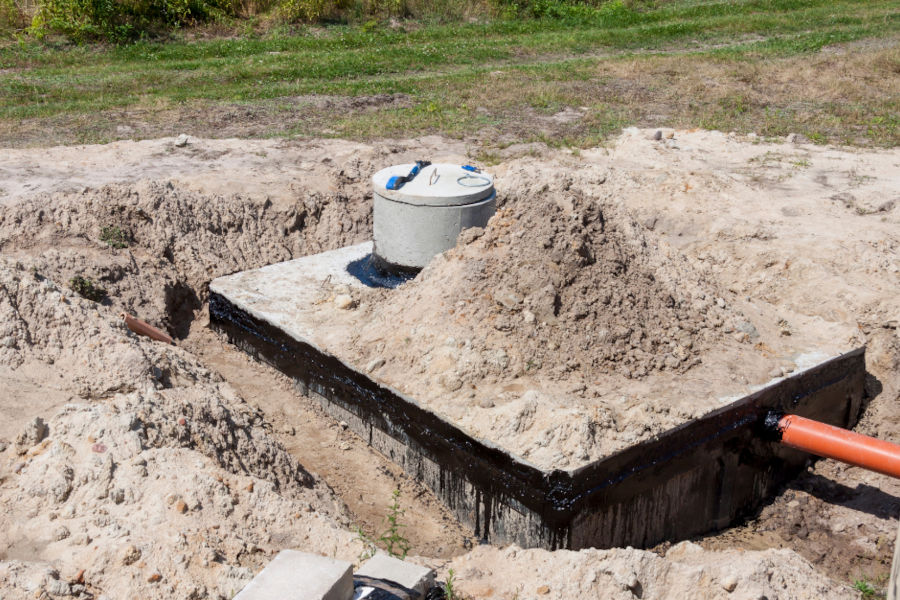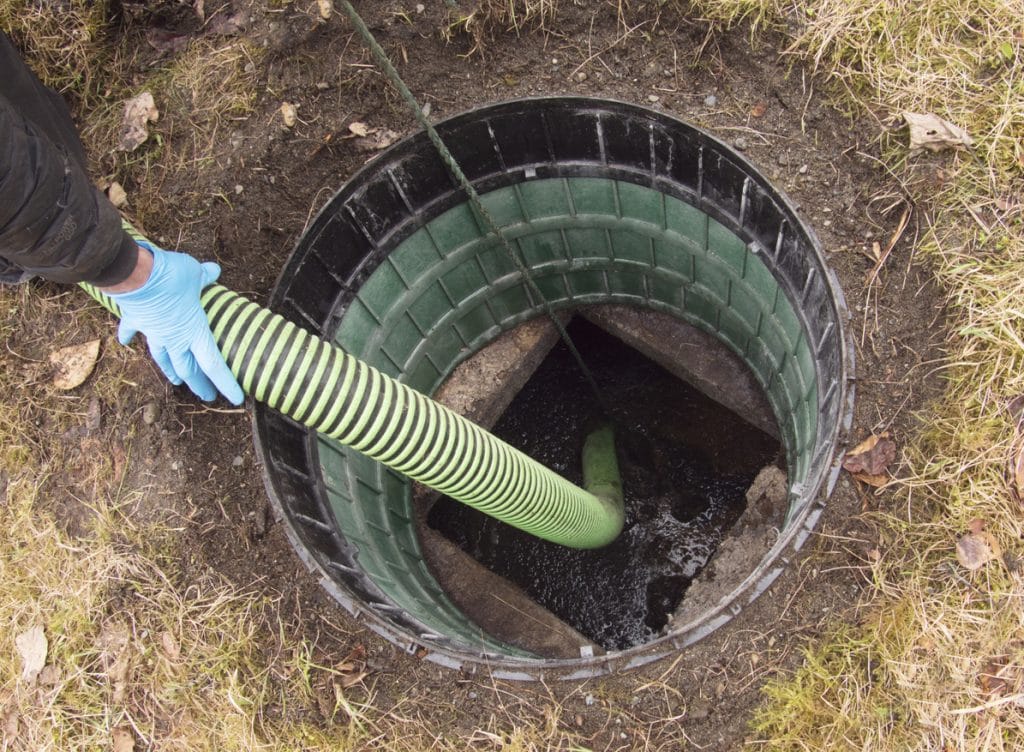
The Elucidation of Persistent Septic Tank Odors: A Case Study
The insidious nature of septic tank odors is well-known to homeowners. A subtle, yet persistent, unpleasant aroma can quickly escalate into a significant nuisance, impacting property value and quality of life. This paper details a comprehensive investigation into the source and resolution of persistent septic tank smells emanating from my residential property. The methodology employed involved a systematic approach, combining observational analysis, targeted investigations, and the application of established best practices for septic system maintenance. The ultimate resolution provides a valuable template for homeowners encountering similar challenges.
Initial Observations and Hypothesis Formulation
The initial manifestation of the odor presented as a faint, intermittent smell of sewage, most noticeable in the vicinity of a specific section of the backyard adjacent to the presumed location of the septic tank. The intensity of the odor fluctuated, seemingly correlating with periods of increased rainfall or following significant water usage within the residence. This observation immediately suggested a potential link between groundwater saturation and the release of sewer gases. However, a simple visual inspection of the tank’s access point revealed no obvious signs of leakage or malfunction. The tank lid was securely in place, showing no signs of displacement or damage. This preliminary assessment ruled out gross structural failures as the primary cause.
Refining the Hypothesis: Beyond Simple Leakage
Given the absence of overt leakage, the hypothesis was refined to consider more subtle possibilities. These included:
- Improper venting: A blockage or malfunction in the septic tank vent stack could impede the natural release of gases, leading to pressure build-up and subsequent seepage through the soil.
- Soil saturation and gas migration: High water tables or compacted soil could limit the ability of the soil to absorb and filter sewer gases, forcing them to surface.
- Cracks in the tank or leach field: Microscopic fissures in the tank itself, or within the leach field piping, could allow the escape of gases without producing readily visible evidence of leakage.
- Biological activity: Increased microbial activity within the septic tank, resulting in the production of excessive gases, might overwhelm the capacity of the vent system.
With these refined hypotheses, the investigation proceeded to a more detailed examination of each potential contributing factor.
Methodology: A Systematic Approach to Problem Solving
The investigation followed a structured methodology, systematically eliminating potential causes while simultaneously gathering supporting evidence. This approach ensured a thorough and efficient process, maximizing the chances of a successful resolution.
Inspection of the Vent Stack
The septic tank vent stack was visually inspected from ground level, and then using binoculars, from the roof where it terminated. No obvious blockages or damage were observed. However, a more thorough investigation was warranted, given the potential for internal obstructions not readily visible from the exterior.
Soil Analysis and Groundwater Assessment
Soil samples were collected from the area exhibiting the most pronounced odor, and from several control points further away from the septic tank. These samples were analyzed for moisture content and compaction. The results indicated a relatively high moisture content in the affected area, supporting the hypothesis of soil saturation contributing to the problem. Further investigation revealed that the area in question had a slightly lower elevation than the surrounding terrain, predisposing it to water accumulation.
Non-Destructive Testing of the Septic Tank and Leach Field
Due to the cost and disruption associated with excavating the septic tank or leach field, non-destructive testing methods were employed. A specialized camera was inserted into the tank via the access port. This provided a visual inspection of the tank’s interior, revealing no significant cracks or structural damage. While this eliminated major structural issues, it did not rule out the possibility of microscopic fissures. Further investigation utilizing a ground-penetrating radar (GPR) scan was conducted to investigate the leach field lines for any potential anomalies. The GPR scan revealed no significant issues with the integrity of the leach field piping, reinforcing the finding from the visual inspection of the septic tank itself.
Resolution and Remediation Strategies
Given the high soil moisture content and the lack of visible damage to the tank or leach field, the remediation strategy focused on improving soil drainage and mitigating the impact of soil saturation. The most effective strategy proved to be the implementation of a sub-surface drainage system in the affected area.
Installation of a Sub-Surface Drainage System
A network of perforated pipes was installed beneath the surface of the affected area, extending from the low point outwards to a drainage sump. This allowed for the efficient removal of excess water from the soil, reducing saturation and minimizing the upward migration of sewer gases. Gravel backfill was used around the pipes to enhance drainage and prevent clogging. The drainage sump was then connected to a larger drainage system already in place on the property. This simple yet effective measure substantially alleviated the persistent odor problem, dramatically reducing the frequency and intensity of the sewage smell. Regular monitoring and maintenance are implemented to ensure the continued effectiveness of the sub-surface drainage system.
Supplemental Measures: Enhancing Septic Tank Performance
While the drainage system addressed the primary cause of the odor, supplemental measures were undertaken to further optimize the septic tank's performance and minimize the potential for future issues. These included:
- Regular septic tank pumping: A schedule for professional pumping was established to prevent build-up of solids and optimize the tank's efficiency.
- Restriction of certain household items: The use of excessive amounts of certain household chemicals known to negatively impact septic systems was reduced.
- Improved landscaping: Changes to landscaping practices were implemented to promote better surface drainage and to prevent water runoff from accumulating near the septic tank.
Conclusion: Lessons Learned and Best Practices
This case study highlights the importance of a systematic approach when investigating septic tank odor problems. The initial assumption of a simple leak proved to be inaccurate, necessitating a broader examination of potential causes. The successful resolution demonstrates the effectiveness of a multi-pronged approach that combines careful observation, thorough investigation, and the application of appropriate remediation strategies. Homeowners experiencing similar problems should consider this approach. The installation of a subsurface drainage system proved highly effective in resolving the issue, providing a valuable lesson in the importance of considering soil drainage and groundwater management in relation to septic system performance.
The implementation of these measures has resulted in a significant improvement in the overall environment of the property, eliminating the previously persistent and unpleasant odor. This experience emphasizes the value of proactive septic system maintenance and the importance of employing a comprehensive problem-solving approach to address complex issues related to subsurface drainage and wastewater management.






